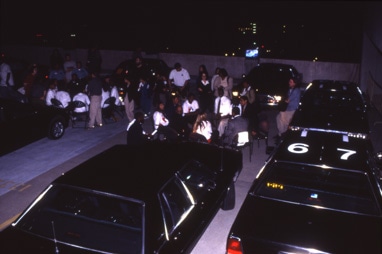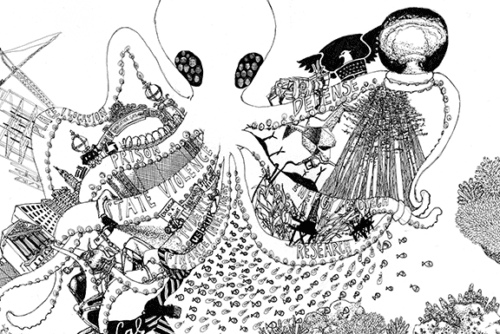How Could the Lessons of These Movements Be Applicable Today?
I will suggest that while we have to, of course, pay attention to the short run and support immediate antiwar activism, the long-run strategy has to focus on these five steps:
- denormalizing the dominant beliefs of U.S. empire
- delegitimizing them
- providing an alternative
- changing the balance of belief and power
- institutionalizing incremental gains
But at this early stage, we are better off focusing on the first three steps. Specifically,
- denormalizing militarism, fear, and the economic necessity of empire
- delegitimizing imperialism and preemption and preventive war doctrines
- providing and comparing alternatives, and building the new world conceptually
The best place to start with alternatives may be in terms of sustainable energy and a real strategy to combat terrorism and rogue states.
If we do a good job on these three steps it will be easier to support efforts to do the next steps of changing the balance of political power in the United States and globally. Specifically, as they grow in numbers in the United States, activists could attempt to decrease the isolation of the U.S. left and the peace movement both domestically and internationally. We must eventually work to change the views of members of the Democratic and Republican parties and elect different people to Congress. But I do not think this can be an immediate concern. If we lead, the politicians will follow.
And of course we also have to institutionalize any of the gains by constraining the United States in multilateral institutions, demilitarizing, and demobilizing.



